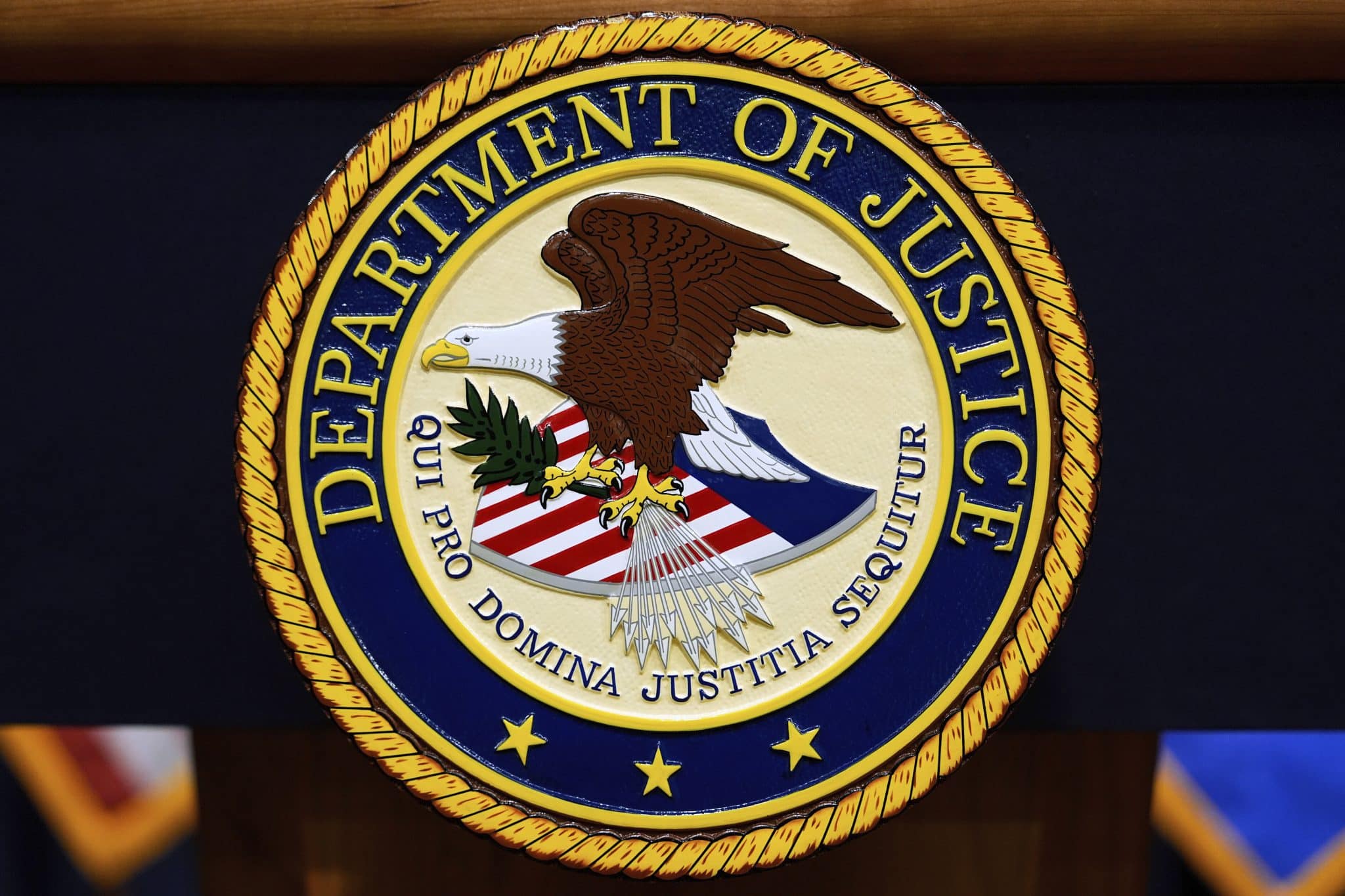This article was originally published by Votebeat, a nonprofit news organization covering local election administration and voting access.
The U.S. Department of Justice is asking Pennsylvania for a wide range of information on how it manages voter registration and voter rolls, as part of what it calls “nationwide efforts” to monitor compliance with a key federal voting statute.
In a June 23 letter to Pennsylvania Secretary of the Commonwealth Al Schmidt, the department asked for 14 categories of information on the state’s voter registration activities, including how voters are added to and removed from the voter roll, and how the state prevents unauthorized access to its system.
Votebeat and Spotlight PA obtained a copy of the letter, which was signed by Maureen Riordan, the new acting chief of the voting section in the Justice Department’s Civil Rights Division.
The letter is the latest in a series of requests the Civil Rights Division has sent to states involving their compliance with federal voting statutes. This one specifically cites the Help America Vote Act, or HAVA, a 2002 law that overhauled voter registration and election administration.
Riordan requested a response within 30 days. Amy Gulli, spokesperson for Pennsylvania’s Department of State, said that the agency intended to respond, but hadn’t done so as of Wednesday.
David Becker, an election lawyer who previously worked in the Civil Rights Division and now leads the nonprofit Center for Election Innovation & Research, noted that nearly all of the requests for information cited specific sections of HAVA to justify them, except for one asking for the process the state uses to identify and remove noncitizens from the voter rolls.
“That’s because there isn’t one, and DOJ has no jurisdiction to request that data,” he said in a text message.
Becker said the request otherwise didn’t raise any specific concerns.
Arizona, Colorado, and Wisconsin election officials have also received letters from the Justice Department, each one with a different set of requests or allegations.
A letter sent in May to Arizona’s Secretary of State Adrian Fontes alleged that the state was not properly verifying voters’ identities as required by HAVA, and threatened a lawsuit, Votebeat reported in June. Fontes, a Democrat, responded that state election officials conduct a complete residency and citizenship check and fully comply with HAVA.
READ: Legal Challenges to Trump’s Executive Order on Elections Rest on a Simple Premise: the Constitution
A letter from early June sent to the Wisconsin Elections Commission said the state was not properly resolving administrative complaints as required under HAVA; the commission has been summarily dismissing HAVA complaints that are about the agency’s own actions, based on a 2022 Wisconsin Supreme Court opinion. Colorado received a letter from the department in May asking Colorado for “all records” related to the 2024 election in response to a complaint the department had received.
The Justice Department also recently sued North Carolina over allegations that it had failed to maintain an accurate voter list as required by HAVA, and sued Orange County, California, over an alleged failure to provide some records related to the removal of noncitizens from its voter rolls.
The letter to Pennsylvania does not mention any complaint, or assert the state has done anything wrong. “We very much appreciate your cooperation in our nationwide efforts to monitor HAVA compliance,” it concludes.
A spokesperson with the Justice Department declined to comment.
The New York Times reported on July 2 that senior officials in the Justice Department are exploring whether they can criminally charge election officials for not sufficiently safeguarding their computer systems.
Votebeat is a nonprofit news organization covering local election integrity and voting access. Sign up for their newsletters here.







